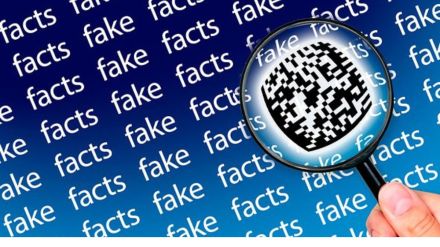The ministry of electronics and IT (Meity) will notify a fact-checking body for all information pertaining to government on social media platforms, as per a new amendment to the Information Technology Rules.
If any intermediary (social media platform) fails to remove or block any content related to government which has been flagged as fake by the Meity-approved body, it would stand to lose its safe harbour status under Section 79 of the IT Act. In such a case, the intermediary can be booked under the law by the aggrieved party, which will be the government.
Under Section 79 of IT Act 2000, intermediaries are protected from any legal liability for content on their platforms because it belongs to a third party and the ownership does not vest with them. However, this immunity is subject to they removing content flagged as fake by the government.
To make it very clear that this is not some attempt as some people will characterise it as trying to censor or whatever it is. It is none of that. What we are saying is that if there is an aggrieved party and a party that has put the content that is causing the grievance, then Section 79 will not act as a safe harbour, Rajeev Chandrasekhar, minister of state for electronics and information technology, said. If an intermediary chooses to continue to have such content, it is well within its right, but then it will have to be prepared to deal with the legal consequences as the aggrieved party has legal rights, he added.
This amendment to the IT Rules comes after the government in January had issued a draft that said that news identified as fake or false by the Press Information Bureau’s fact check unit will have to be removed by the intermediaries from social media platforms.
In the amended rules under Section 3(1) (b) (v) , the government has now removed PIB and fact check unit from its earlier draft and replaced it with any body approved by the government. Going forward, the government will frame a similar rule for content involving private parties.
The private companies have recommended an SRO (self-regulatory organisation) kind of a model to fact check misleading content and we will further have discussions on that,Chandrasekhar said, adding that the government is not in favour of bringing any foreign fact checking agency into the operations. We will also create some accountability for these fact checking units, whether it is a government fact checker, whether the private fact checking unit, Chandrasekhar said.
The Internet Freedom Foundation has called the move an unconstitutional exercise.
“Assigning any unit of the government such arbitrary, overboard powers to determine the authenticity of online content bypasses the principles of natural justice, thus making it an unconstitutional exercise, it said in a statement. The notification of these amended rules cement the chilling effect on the fundamental right to speech and expression, particularly on news publishers journalists, activists etc, it added.
